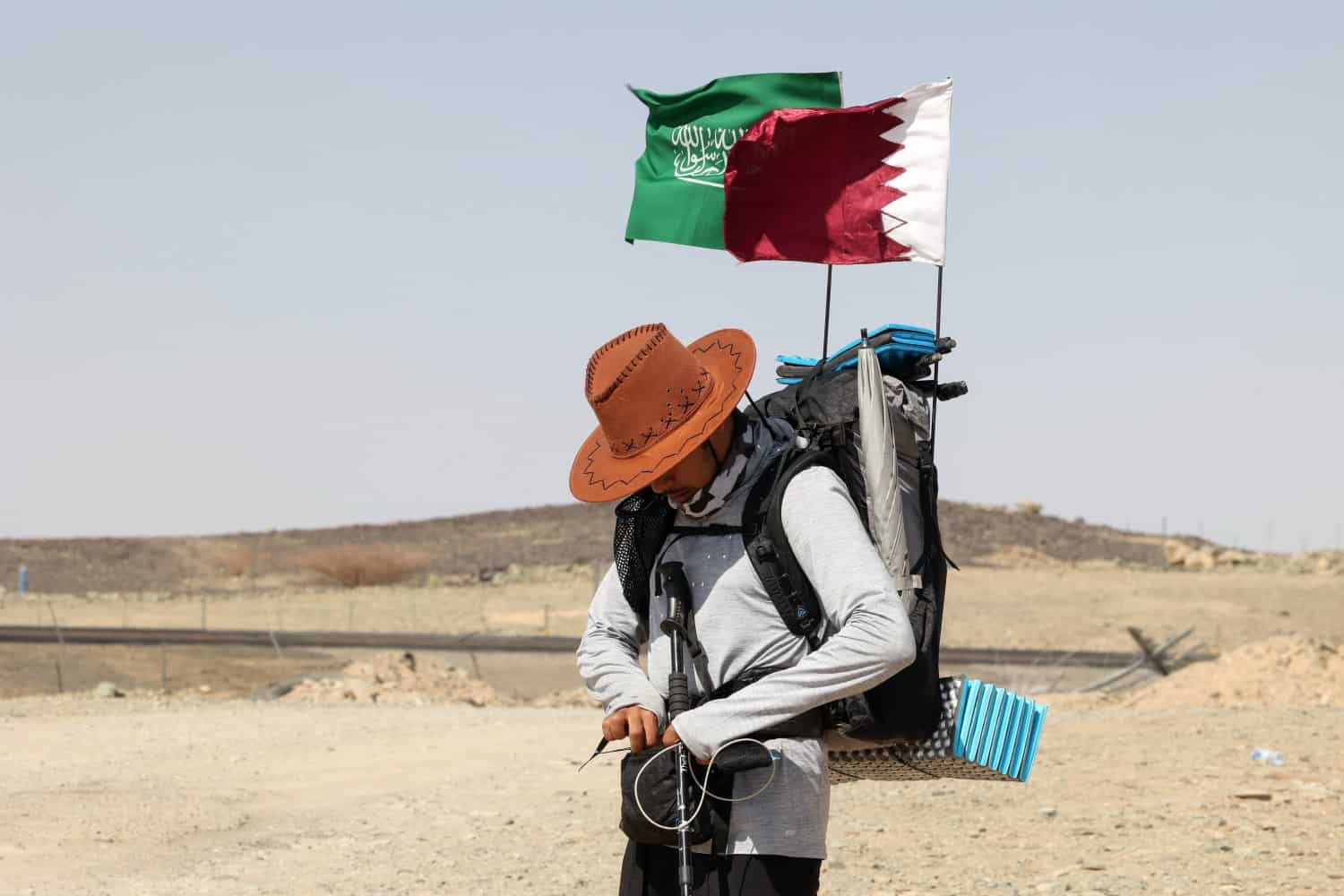Dubai, UAE—The upcoming FIFA World Cup in Qatar may have helped focus the global spotlight on the region and how it can fuel economic growth in many countries of the GCC. Yet, in the last several years, sports has become a profitable sector for the economies of the Arab world.
According to the World Trade Organization, the Middle East has the fastest-growing sports tourism market globally, currently worth an estimated US$ 600 billion.
The fourth quarter of the year is when the tourist industry in the Gulf region often sees the most significant increase, thanks to major sporting events like the Abu Dhabi Grand Prix.
Countries like Saudi Arabia, the UAE and Qatar are focusing on developing the sports sector to boost its economy through the hosting of global and international events.
Prince Abdulaziz bin Turki, Saudi minister of sports, stated last year that the sector’s contribution to the GDP grew almost 160 percent in 2 years and established 17 investment companies for sports clubs and federations.
The kingdom is working to raise the private sector’s contribution to the sports sector from 15 percent to 30 percent by 2030. It is also targeting to boost the number of direct jobs from twenty thousand to a hundred thousand by 2030. It is also seeking to create a pool of more than 1.7 million talented people in 21 sports until 2025 through the Academy of Qualifying 180 male and female players in 14 games through an elite sports program.
According to Musafir’s bi-annual travel trend report, sporting events will augment the tourism and hospitality economy in the Middle East by up to 30 percent.
Many tourists from Asia, Europe, the Americas, Africa, and the UK will visit the United Arab Emirates, Saudi Arabia, and Qatar.
However, regarding accessibility to major athletic events and family-friendly activities, personal safety and societal security, lodging availability, variety of retail experiences, adventure sports and leisure, and connectivity, the UAE emerged as the favorite destination.
The UAE anticipates a 20 percent increase in incoming flights during the same period last year due to improved connectivity. Fans won’t just want to visit the country for athletic events; they’ll also want to enjoy the full range of “thrill-seeking” opportunities.
The surge in camping and other outdoor activities is also expected to continue in the fourth quarter of 2022.
The report revealed that as a result of the 2022 FIFA World Cup, hotel rooms in Qatar will be at maximum capacity and will cause a 40 percent increase in demand for hotel rooms in the UAE, leading to price inflation of up to 10 percent.
There was an 80 percent increase in ahead-of-time bookings on Musafir.com between Dubai and Doha in the run-up to the event. By the end of 2022, this figure is expected to have risen dramatically even further.
According to the survey, tourists typically spend around US$ 5000 on lodging, transportation, shopping, and sightseeing. The survey also notes that in Q4 2022, visitors to the UAE will fill up most 5-star and 4-star hotels to capacity.








